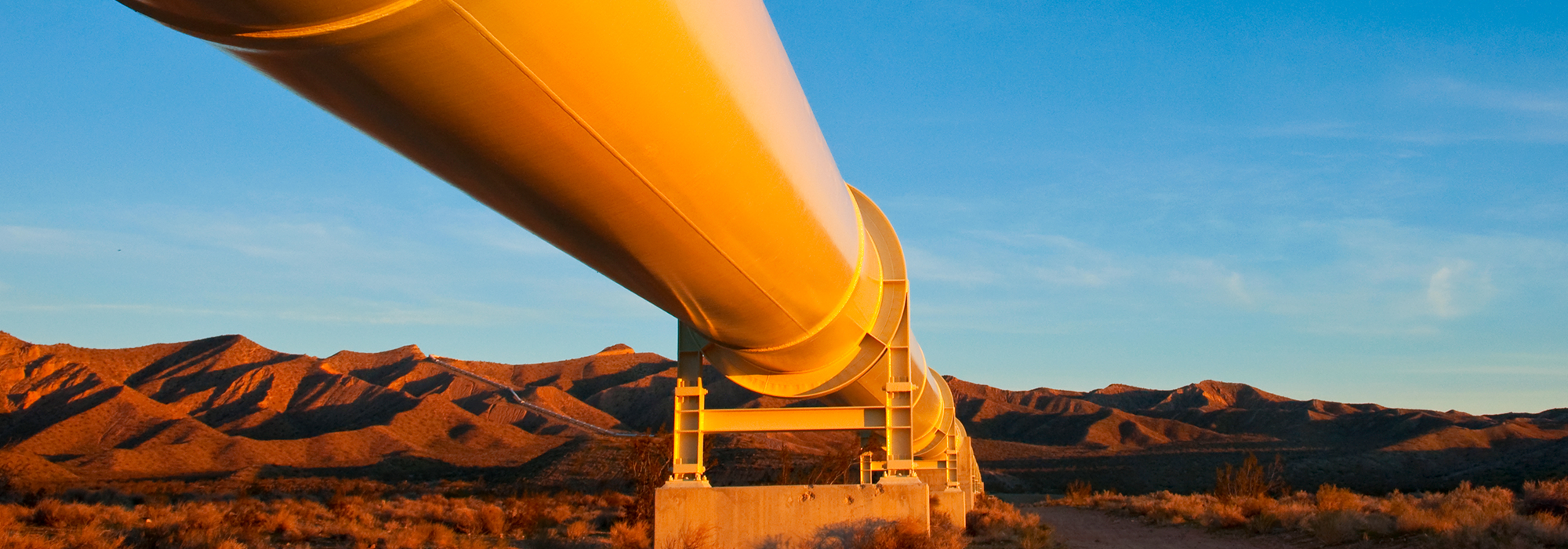
Davutoglu was accompanied by his energy minister as well as ministers of communications, development, economy, trade, and transport. It is indeed difficult to see whether the trip accomplished very much at all.
In the background was the war in Syria and the continuing reconfiguration of the international security alliance structure in the region. In essence, Iran requires that Turkey change its security alliance policy before engaging in more substantial economic changes, while Turkey insists that it would consider any foreign-policy reorientation only following the upgrading of economic ties.
To be sure, any Turkish-Iranian confidence building will not start in Syria. The problem facing Turkish president Recep Tayyip Erdogan is that he is unable to change his Syrian policy. He has invested too much political capital and indeed agitated the Turkish public to such a point, that he could not climb down even if he wished to.
The Syrian situation has acquired its own momentum with implications for Turkish internal policy as well as regional security policy. The Turkish government’s attacks upon Syrian Kurdish forces is inseparable from the unannounced civil war now taking place in the Kurdish region in southeastern Turkey. Iraqi Kurds communicate with Syrian Kurds through their common transnational mountainous home, where borders of political states (Iraq, Syria, Turkey) are not demarcated even if there are agreed lines on maps in diplomatic chancelleries that delimit them.
Nevertheless, Erdogan is able to continue to mobilize his domestic supporters in a continuing fervor. His government has recently taken over the newspaper Zaman, which had been an outpost of opposition sentiment articulated by the Guelen movement, an Islamic movement with which he had been allied until his power was secure and it began to challenge him.
Rumors about the lifting of parliamentary immunity for members of the HDP, an opposition party where leftist and ultraliberal forces had coalesced with pro-Kurdish formations, is in the same line as this. If parliamentary members of the HDP were to be prosecuted, or if the HDP were to be outlawed outright, then the way would be open, through by-elections, for Erdogan’s ruling party AKP to increase its share of seats to the point, where constitutional amendments in favor of transformation to a presidential system could be made questions for referenda or even approved outright.
Yet the Turkish government is not the only one to blame for why a Turkish-Iranian rapprochement is unlikely anytime soon, or even the main one. The other main reason is that the Tehran regime is an ideological theocracy that was taken over in 2009, when the so-called Green Revolution was undercut by the failure of Western support, by the IRGC military-industrial bureaucracy called the IRGC, which has no material or other interest in reversing course.
By comparison Azerbaijani-Iranian cooperation, including in the energy sector, is making small steps although their ultimate success is not yet clear. Azerbaijan has offered its infrastructure as a vector for transporting Iranian energy resources to world markets, although it is unclear whether Baku would be willing to diminish its own market access to benefit Tehran. Joint SOCAR-NIOC exploration in the Caspian has, however, become a possibility.
What is potentially more significant, outside the energy sector, is general transportation cooperation. Baku’s offer to reconnect the two national railway networks, for example, would make it unnecessary for Iran to entertain Armenia’s proposal to cooperate in this sector. As such, it would also strengthen Azerbaijan relative to Armenia in the region while providing Baku with a counterweight against increasing Russian pressure and influence.
Armenia, on the other hand, will have lost yet another chance to get breathing-space from out of the Russian security umbrella that increasingly stifles its development and outreach. Russia’s increasing economic stringency in view of the country’s crisis due mainly to the low price of oil and gas on the world energy markets.
Meanwhile Georgia, after flirting with Russia as well as Iran in the sector of energy cooperation, has decided to continue its reliance on Azerbaijan for natural gas imports. Despite Tbilisi’s rhetoric that it did not wish to be totally dependent on a single source for gas supply security, it probably did not doubt that in the end Baku is more reliable than either Moscow or Tehran. The diplomatic dance was almost certainly a negotiating strategy for achieving more advantageous pricing.







